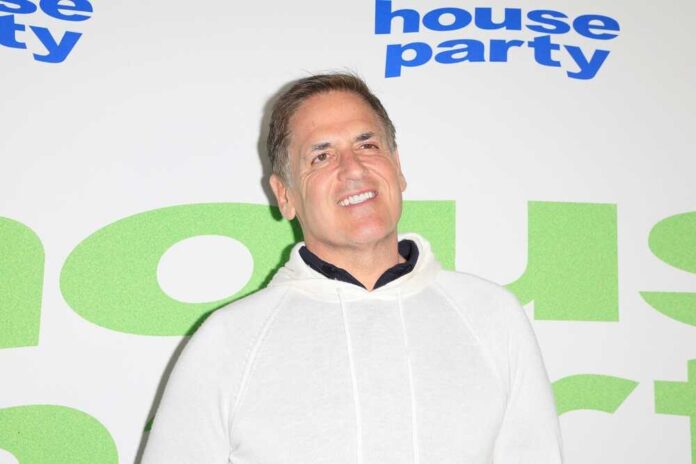Renowned billionaire Mark Cuban reiterated his support for corporate diversity, equity, and inclusion (DEI) policies, particularly in response to Elon Musk’s views on legal immigration. Cuban believes that DEI and the support for legal immigration are intertwined concepts.
Elon Musk, the chief executive of Tesla, voiced his backing for a rise in lawful immigration, alongside addressing worries over the uncontrolled influx of unvetted persons into the nation. In concurrence with Musk’s viewpoint, Bill Ackman, a fellow billionaire and the chief executive officer of Pershing Square Capital Management, has also shown support. Ackman has criticized Diversity, Equity, and Inclusion (DEI) initiatives, arguing that they impede freedom of speech and expression within universities, corporate environments, and the governmental sector.
Cuban, a successful entrepreneur and well-known “Shark Tank” panelist, shared a screenshot of the exchange between Musk and Ackman. He explained that DEI initiatives would positively impact legal immigrants by including them in applicant pools, promoting workforce assimilation, and fostering a welcoming company culture.
Cuban highlighted the importance of companies with DEI programs, including legal immigrants in their applicant pools and hiring the most qualified candidates. Once hired, Cuban emphasized the significance of employers assisting these individuals in assimilating into the workforce. He also stressed the importance of creating an inclusive company culture where new legal immigrants feel accepted and valued.
Cuban’s vocal support for DEI initiatives on social media caught the attention of a commissioner at the Equal Employment Opportunity Commission (EEOC), which enforces anti-discrimination laws in the workplace. Cuban clarified that while he had never hired anyone based solely on race, gender, or religion, he recognized that diversity, including race and gender, could be advantageous for business success.
EEOC Commissioner Andrea Lucas challenged Cuban’s views on Title VII law, stating that race and sex cannot be motivating factors in employment decisions. Cuban responded by sharing a video of a debate between Lucas and vice chair Jocelyn Samuels, where they discussed workplace DEI initiatives. Cuban pointed out that not all EEOC commissioners agree on DEI policies in the business world.
Samuels contended that policies focused on Diversity, Equity, and Inclusion (DEI) or affirmative action could be administered in a way that is aware of race yet carried out impartially. While recognizing that quotas are illegal, she stressed the importance of setting aspirational targets to assess whether workplaces are genuinely free from discrimination.
Lucas, in an interview with FOX Business, reiterated her belief that any legitimate business reason does not justify discrimination based on race or sex. She stated that Cuban’s interpretation of considering race and sex as part of the decision-making process is illegal under the law.
The ongoing debate between Cuban, Musk, Ackman, and the EEOC commissioners highlights the complex and nuanced discussions surrounding DEI policies in the corporate world. While differing opinions exist, it is evident that the pursuit of diversity, equity, and inclusion continues to shape the business landscape.














